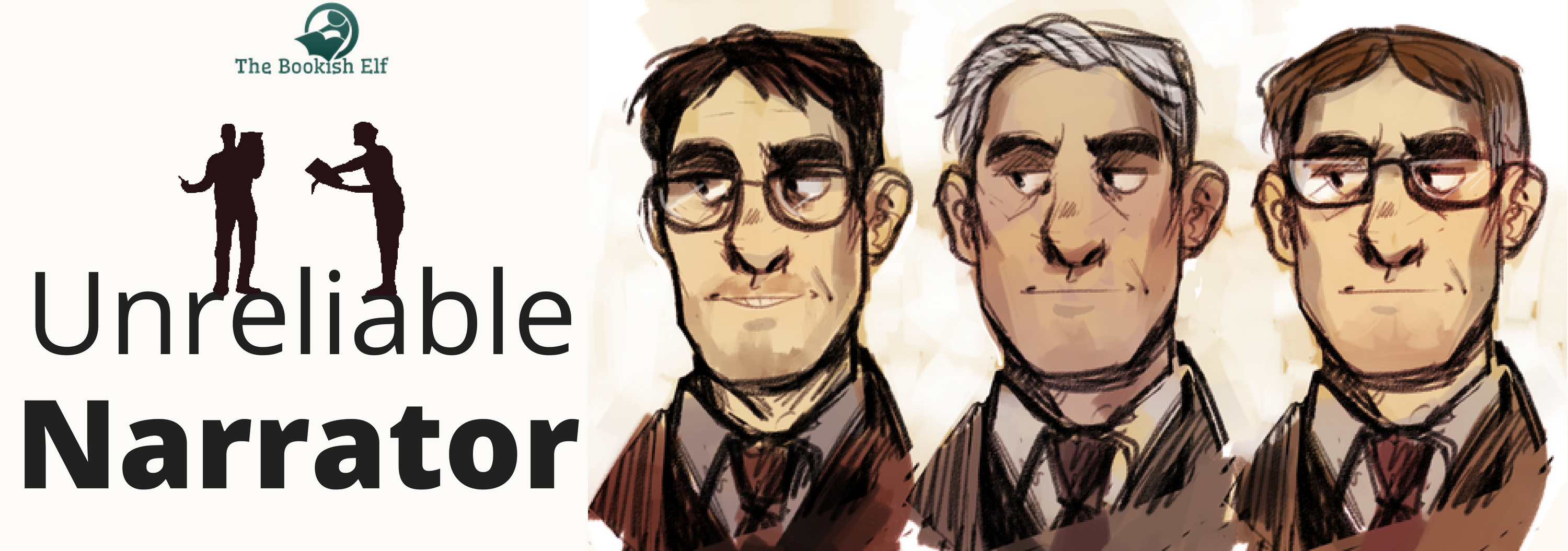

This is another facet of the human experience that fiction can explore.

Some people simply cannot (or choose not to) be on the up and up. Readers may delight in discovering the reasons behind the narrator's lack of reliability and going deeper into his peculiarities and motivations Unreliable narrators can also make for complex characters. This can become an evocative source of tension. A narrator that seems reliable may reveal details that make the reader question his credibility. The basic concept is this: An unreliable narrator is one capable of. Unreliable narrators can create intrigue. An unreliable narrator can be tricky to understand and trickier still to write effectively. Humbert Humbert, no doubt, believes this version of events, but the reader can see beyond his perspective. In Vladimir Nabokov's novel Lolita, Humbert Humbert often describes scenes in a way that justifies his sexual desire for twelve-year-old Lolita. The narrator in Edgar Allen Poe's short story “The Tell Tale Heart" is mad, leaving the reader to sort out delusion from reality. His youth and inexperience often obscures his full understanding of some of the people he meets and situations he describes. Salinger's The Catcher in the Rye is unintentionally unreliable. They may misunderstand or misreport events, leaving readers to make their own judgments. Of course, there are certainly narrators who are more unreliable than others. The reader or audience may not know right away that the narrator cannot be trusted, but eventually. Is the event gaudy or glorious? Perhaps it's both. An unreliable narrator is a narrator lacking credibility. She focuses on the more general picture-the school that will be built and staffed as a result of this fundraising effort. Another narrator, one of the organizers, might describe the gala as spectacular and moving. The contrast between rich and poor is sharper to this narrator as he considers that the money spent on just one of the plates for this event could have saved the life of a young mother who was not able to receive the medical attention she needed because she could not afford the trip to the only area hospital, hours away by bus. One narrator might see a charity gala as an overly decadent affair because he spends a lot of time in the poverty stricken village the charity serves. This is true of even the most honest and objective personalities. A first person narration will be shaded by everything that makes that particular character unique and individual. There isn't just one absolute experience of reality. After all, they're recounting events filtered through their own unique set of experiences, beliefs and biases. It recounts a series of events that have taken place. The two terms are often interchanged, but they don't mean exactly the same thing. To some extent, all first person narrators are unreliable. But, before we enjoy some examples of narration, it's important to distinguish between a narrative and narration. Why would I want to use an unreliable narrator when writing in first person?


 0 kommentar(er)
0 kommentar(er)
